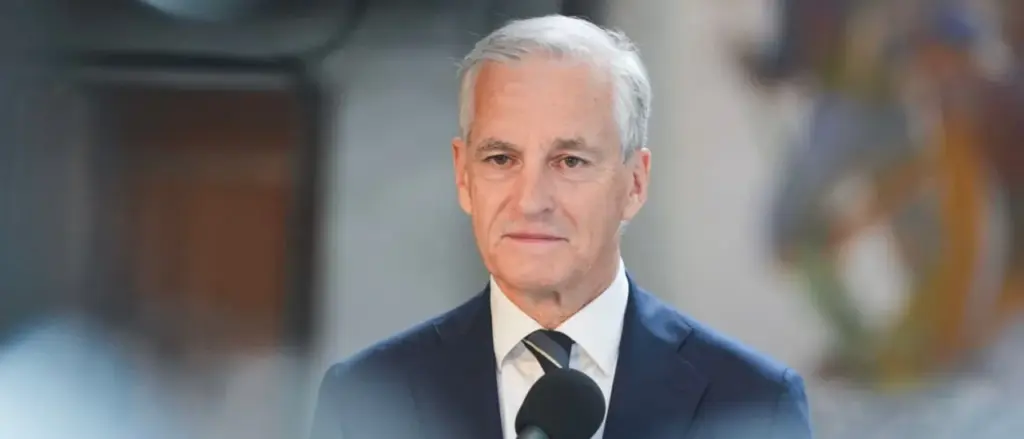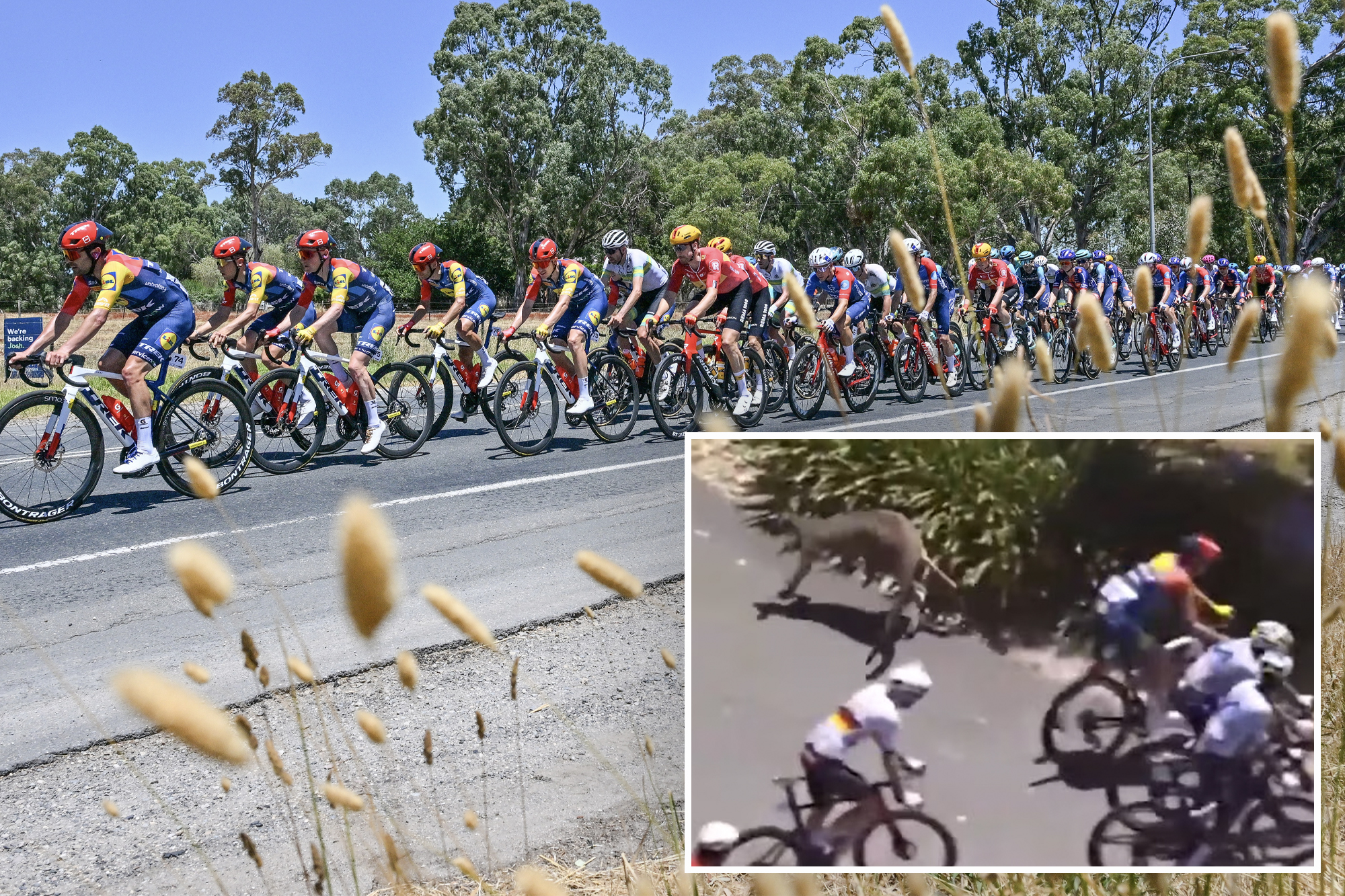
Norway’s Labor Party narrowly retained power in the parliamentary elections held on September 11, 2025, marking a significant shift in the political landscape as the populist right made substantial gains. The Labor Party secured a coalition with a total of 87 seats, just five more than the 82 seats won by right-wing parties, according to the Norwegian news outlet VG. This outcome gives Prime Minister Jonas Gahr Støre a second term following his initial victory in 2021.
The election results highlighted the growing momentum of the populist right, particularly the Progress Party, which achieved its strongest performance to date with 22.9% of the vote, reflecting a surge of 12.3% since the last election. This increase positions the Progress Party as the main opposition to Labor, signaling a changing electorate that is increasingly receptive to right-wing policies.
Key Issues and Political Dynamics
Political analysts note that the elections were characterized by high voter turnout and a focus on critical issues such as the cost of living, taxes, and healthcare. Johannes Bergh, a national election expert at Norway’s Institute for Social Research, emphasized that these concerns resonated deeply with voters. He stated, “There seems to be two dueling trends in Norwegian politics. One is a right-wing wave, especially among the young, and support for the sitting government.”
Labor’s slight increase in support of 1.9% contrasts sharply with the losses experienced by the Centre Party, which saw a decline of 7.9% nationwide. This drop is believed to have contributed to the Progress Party’s gains. The Conservative Party, the second largest on the right, also experienced a loss of 5.7% in support, indicating a shift in voter preferences within the right-wing bloc.
Both Sylvi Listhaug, the leader of the Progress Party, and Erna Solberg, leader of the Conservative Party, reached out to Støre before midnight following the election results to concede and extend their congratulations.
Implications for Government Policies
Labor remains the largest party in the center-left bloc, with Støre emphasizing the party’s resilience in winning elections despite the rise of right-wing forces across Europe. He remarked, “It is possible for the Social Democrats to win elections even when right-wing forces are on the rise in Europe.”
The coalition government will now face the challenge of addressing the public’s concerns while navigating the increasing influence of populist sentiments. Labor’s ability to maintain its coalition will be critical in shaping Norway’s political future, especially in the face of pressing economic issues.
Støre’s administration has previously benefited from the popularity of finance minister Jens Stoltenberg and a trade agreement with former President Donald Trump, factors that have bolstered public support. As Norway moves forward, the balance of power between the established left and the surging right will be closely monitored, reflecting broader trends in European politics.
The results from the September elections not only signal a shift in Norway’s political dynamics but also highlight the need for traditional parties to adapt to the changing views and demands of the electorate.






